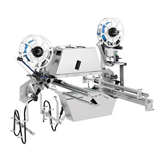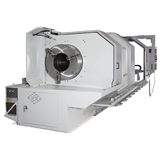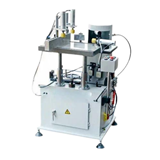The trade deal was signed by Prime Ministers Tony Abbott and Shinzo Abe in Canberra on Tuesday (8 July).
Labelling it the "most ambitious trade agreement" Japan has signed with any country in the world, Robb said Australia could expect to see more movement, trade and investment before the new year.
"We've got the best deal Japan's done with anyone, it's going to add billions of dollars of revenue for Australians, it goes heavily into services and many areas outside of agriculture to the benefit of Australia," Robb said.
'Catalyst for decades of prosperity'
Chief Executive of the Business Council of Australia (BCA) Jennifer Westacott likened the deal to the 1957 Commerce Agreement, an earlier "catalyst for decades of Australia–Japan economic prosperity".
"This new FTA recognises that continuing to move the two nation's economies closer together is in the long-term national interests of both countries," Westacott said.
"It is particularly encouraging to see Japan's commitment, for the first time in any trade agreement, to provide Australian financial services companies guaranteed cross-border access in a number of areas, including the provision of investment advice and portfolio management services.
"With one in five Australian jobs related to trade, the benefits from important agreements like this reach far into the community."
Devil is in the detail
Australian Industry Group (Ai Group) Chief Executive, Innes Willox said the FTA was certainly a step in the right direction as it put the country ahead of other market competitors including New Zealand, the EU, the US and Canada – all of whom have yet to finalise trade agreement talks.
However he asserted the overall effect on local business and industry will largely depend on the detail of the agreement.
"Japan imposes quotas on some imports. Exporters may find that growth in the Japanese market is hampered by quotas which limit the amount of their product able to take advantage of the lower tariffs," Willox said.
"Exporters may be faced by impediments to trade other than the cost effect of tariffs. Labelling, inspection and transport will remain factors for export competitiveness. For local manufacturers the speed with which Australian tariffs are abolished will determine whether they can adapt fast enough to the new circumstances.
"For the manufacturing sector, removing Australia's remaining tariffs on imports from Japan will be of mixed benefit. On one hand, it will lower costs for producers who use Japanese components as part of their supply chain, not only for domestic products, but also for export. On the other hand, manufacturers will face increasing pricing competition from cheaper Japanese goods.
"The FTA will provide preferential access to Japan for exports of agricultural products. It will also facilitate exports of financial, education, telecommunications and legal services. Services are an increasingly important sector in the Australian economy and reliable access to the sophisticated Japanese market will result in greater demand for Australia's quality services.
"Enhanced investment provisions will promote growth and diversification in the flow of Japanese investment into Australia by raising the screening threshold and providing improved protections and certainty for bilateral investments.
Willox said: "The signing of the FTA is certainly a significant step and we look forward to the release of the text of the agreement."




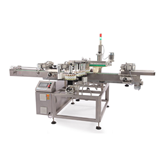

-160x160-state_article-rel-cat.png)
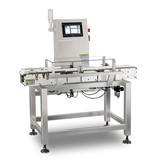
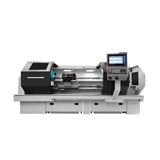



-160x160-state_article-rel-cat.png)

-160x160-state_article-rel-cat.png)


